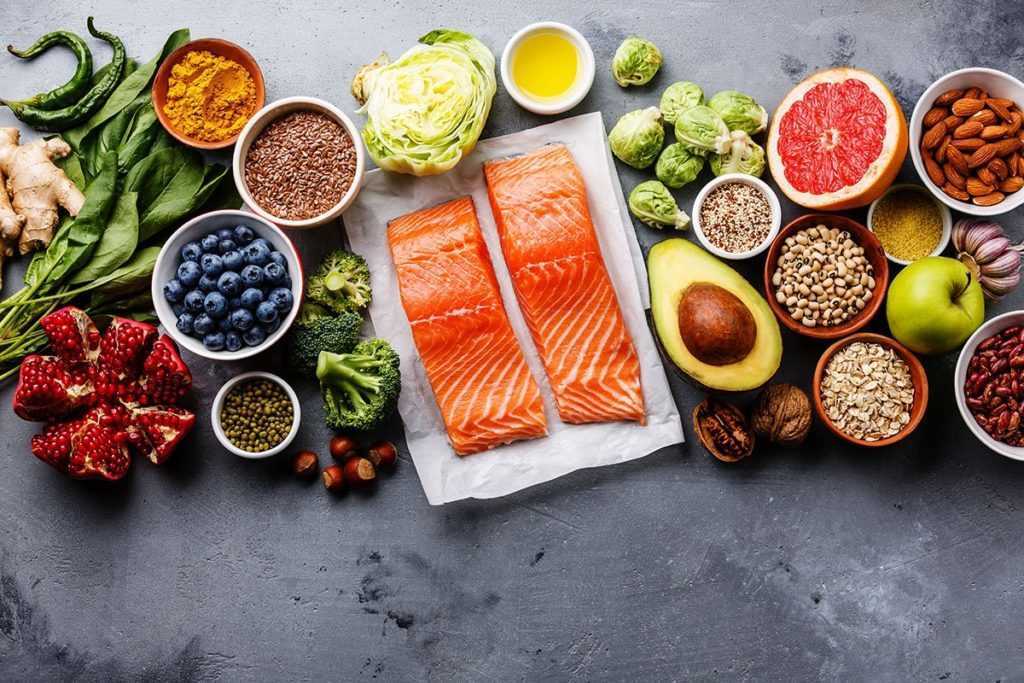
Inflammation is a complex process involving a variety of cell and signaling proteins that protect the body from infection and foreign substances, such as bacteria and viruses. Inflammation is at the root of most diseases, and the average American adult is dealing with some sort of systemic inflammation issue. Sometimes, the immune system triggers an inflammatory response inappropriately. This is the case with autoimmune disorders. The body compensates by attacking its own healthy tissues, acting as if they are infected or abnormal.
A cardinal sign is a major symptom that doctors utilize to make a diagnosis. In regards to inflammation, there are five cardinal signs that characterize the condition: pain, heat, redness, swelling, and loss of function. It is important to note, however, that not all five cardinal signs are present in every instance of inflammation. Moreover, the inflammatory process could be silent and not cause noticeable symptoms.
Other than the five cardinal signs associated with inflammation, it can also manifest as aches and pains, arthritis, weight gain, skin issues – especially rashes and itchy skin, fatigue, bloating, digestive issues, constipation, migraines, allergies, bags under the eyes, high blood sugar, mental health and mood disorders, and more. Some of the better known inflammatory diseases or health conditions include arthritis, diabetes, dermatitis, bursitis, gout, conjunctivitis, eczema, pancreatitis, inflammatory bowel disease, and Chron’s Disease.
For anyone wanting to eliminate or reduce inflammation in the body, adopting an anti-inflammatory diet is a great place to start. The food we eat has the potential to help us thrive in wellness, and it also has the ability to deplete our health. There are foods that contribute to inflammation and there are foods that help reduce it. By adjusting the diet to support keeping inflammation at bay, all other treatments and therapies will also become more effective.
“Many experimental studies have shown that components of foods or beverages may have anti-inflammatory effects,” says Dr. Frank Hu, professor of nutrition and epidemiology in the Department of Nutrition at the Harvard School of Public Health.
Inflammatory Foods
The following is a list of the foods known to contribute to inflammation. These are foods to eliminate from your diet if you are experiencing inflammation of any kind.
- Gluten (wheat, barley, rye)
- Dairy (cow, goat, and sheep’s milk, cheese, yogurt, butter, cream, sour cream, ice cream)
- Corn (cornmeal, polenta, corn starch, masa, sweet corn, popcorn)
- White Rice
- White Potatoes
- Sugar
- High Fructose Corn Syrup and Corn Syrup
- Agave Syrup
- Artificial Sweeteners (aspartame, sucralose, saccharine, acesulfame k, neotame)
- Refined Vegetable Oils (soy, canola, corn, sunflower, safflower, etc.)
- Trans Fats and Hydrogenated Oils
- Margarine
- Processed Meats (bacon, breakfast sausage, hot dogs, lunch meats, chicken nuggets)
- Red Meat
- Pork
- Artificial Colors & Flavorings
- MSG
- Common “Table Salt”
- GMO’s (genetically modified foods)
- Alcohol
- Soy that is not fermented (TVP, soy protein, soy crisps, “mock duck”, etc.)
- Peanuts and Peanut Butter
- Fried Foods
- All Processed Foods
Anti-Inflammatory Foods
The following is a list of the foods known to reduce or eliminate inflammation. These are foods to include in your diet frequently if you are experiencing inflammation. Be sure to choose organic whenever possible.
- Leafy Greens
- Omega 3 Fats (avocado, chia, flax, and hemp seeds and oils, pumpkin seeds, wild caught salmon and sardines, walnuts)
- Cruciferous Vegetables (kale, cauliflower, cabbage, broccoli, kohlrabi, Brussel sprouts)
- Ginger
- Turmeric
- Black Pepper
- Cinnamon
- Coconut Oil and Milk
- Extra Virgin Olive Oil
- Wild Blueberries
- Pineapple
- Apples
- Cherries
- Grapefruit
- Beets
- Celery
- Sweet Potatoes and Yams
- Raw Fermented Foods (sauerkraut, kimchi, miso, plant based yogurt, coconut kefir, kvass)
- Sprouts (especially radish and broccoli sprouts)
- Fresh Herbs (rosemary, basil, cilantro, fennel, oregano, thyme, parsley)
- Bone Broth
- Green Tea
- Raw Honey
- Lemons and Limes
- Mushrooms
- Raw Garlic
- Seaweeds (nori, dulse, kelp, hijiki, wakame, kombu)
Anti-Inflammatory Herbs and Supplements
The following is a list of several herbs and supplements that can help reduce inflammation. You can find these herbs in many forms, including as tinctures, capsules, teas and topicals.
- Turmeric
- Ginger
- Fish Oils
- Magnesium
- Vitamin D3
- Spirulina
- Chlorella
- CBD Oil
- Medicinal Mushrooms (reishi, chaga, lion’s mane, turkey tails, cordyceps, fomitopisis)
- Vitamin C
- Boswellia
- Alpha Lipoic Acid
- Lemon Balm
- Holy Basil
- Chamomile
- Spearmint
- Ashwagandha
- Calendula
- St. John’s Wort
- Passionflower
- Proteolytic Systemic Enzymes
- Irish Sea Moss
If you have been struggling with discomfort due to inflammation, or you have been diagnosed with an inflammatory disease or disorder, in addition to adopting an anti-inflammatory diet, scheduling a Functional Medicine consultation is a good idea. In the Functional Medicine approach, the root cause of symptoms and illness is sought out with comprehensive testing and diagnostics. The Functional Medicine doctor can help create an in-depth personalized healing strategy to help you reach optimal health. Don’t hesitate to get in touch with us if you are interested in or ready to schedule a Functional Medicine consultation.
If you are in need of anti-inflammatory herbs or supplements, we have an extensive selection of clinical grade products. Give us a call – we offer in-clinic and curbside pickup, as well as home delivery with USPS.



